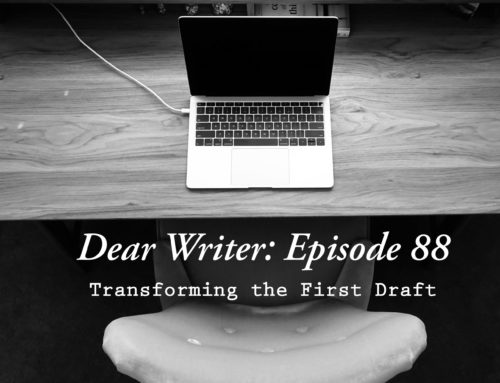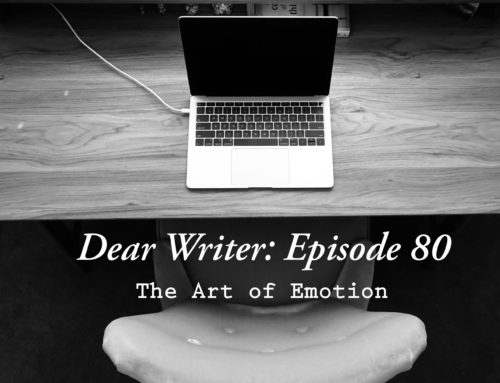Talking Shop
We had some interesting discussions about writing creating empathy in this talking shop episode. Sarah focussed on a scientific article which revealed some of the benefits of reading fiction, while Ashley presented an article about the differences between first and third person when it comes to evoking empathy in your readers.

Episode Summary:
Sarah’s Tool of the Month:
Tamir, D. I., Bricker, A. B., Dodell-Feder, D., and Mitchell, J. P. (2015). Reading Fiction and Reading Minds: The role of simulation in the default network. Social Cognitive and Affective Neuroscience, 11(2), 215-224. https://www.ncbi.nlm.nih.gov/pmc/articles/PMC4733342/pdf/nsv114.pdf
I decided to do something quite different for this talking shop episode, as you all know I am a registered nurse, and so the health benefits of different activities are of interest to me. And I have no idea what got me started in thinking this, but I was curious as to why writing, and fiction in particular is so important to society. So, I started with that thought and did a bit of research, which brought me to this article, which although isn’t directly related to writing, I thought you all might be interested to know what you are providing the world with by writing fiction.
Basically, the article was exploring a specific pathway called the default network in the brain that activates and processes simulated experiences. There had been some research already that shows fiction readers have higher empathy, and score higher on Theory of Mind tasks. So what is ‘Theory of Mind’? Theory of Mind is the ability to think about other’s thoughts and feelings. So, in essence, how well you can put yourself into someone else’s shoes, and by extension, predict their motives and understand their thoughts. People who are able to do this well have a high degree of what we call ‘social cognition’. I found this particularly interesting, because it’s a common stereotype that people who read a lot are introverted and aren’t good communicators with others. It suggests that even if readers don’t communicate with others, it’s because they don’t want to, not that they don’t know how or don’t understand what’s going on!
But this study wanted to work out whether it was particular types of literature that did this, and whether the quality or vividness and the degree of social interactions in the literature had an effect on how the default network is utilised to get to this point. The study does get quite complicated when discussing this network, but basically there are two main pathways within this network which go through different areas of the brain. The study found that one of these two pathways is switched on when reading scenes that have a high amount of detail and vividness in describing scenes. The other pathway was better at analysing social content and abstract writing passages. These default network pathways were not as actively engaged when the content of the writing was low in vividness and low in social interactions.
They also completed behavioural tests and found that the fiction readers were much more able to predict the intentions behind an actor’s actions (whether they were intending to cause harm or not). The fiction readers (compared to non-fiction readers) had a higher degree of moral judgement.
So, my sum-up of this article is that if you are a fiction reader, the research shows you have a higher degree of empathy, moral judgement, and utilize networks in the brain that increase your ability to understand other’s actions and thoughts. Which, as writers I guess we all sort of know this anyway! But it is sort of cool to see it scientifically proven. For me, this study also prompts a new question: whether we as fiction writers, being the ones creating these works and (usually) being big readers ourselves, show even greater social cognition and Theory of Mind. So next time someone accuses you of reading too much or living in a fantasy, you can tell them that, actually, reading has been scientifically proven to help in understanding others and the world around you.
Ashley’s Tool of the Month:
Gallant, K. and Eagles, A. (2017). First Person vs. Third Person. YA Hotline, (105). https://ojs.library.dal.ca/YAHS/article/view/7236.
Intro – explains the differences between point of view and that stories can be told from first-person (perspective of the participant of the story ‘I’), or third-person (the narrator who isn’t involved in the story ‘he/she/they’). The authors explain that there is limited research on the influence of narrative voice on the ability of the reader to feel empathy. They want to determine which narrative choice is the best for encouraging empathy.
First-person – reading a story directly told from the perspective of the protagonist can obviously influence the empathy felt by the reader. This is most apparent in younger readers who automatically identify with protagonists (particularly in first-person present tense), but they need more guidance to actually reflect on the character from a distance. They reference an interesting experiment where participants were allocated a story either in third- or first-person (same story but different narrative perspective). The study looked to see the difference of “trust and empathy” with the two perspectives. Finding: only trust was influenced by the narrative choice. Third-person increased trust of the character. Probably due to the potential of the character being an unreliable narrator in first person.
Third-person – Stories told from this POV allow the reader to take a more omni-present role. On the surface, seems this might reduce chances of creating empathy. But they argue third-person might actually advance empathy. Instead of reading a self-centered story, third-person offers a wider variety of perspectives increases the chances of developing empathy. Additionally, third-person allows reader to learn more about the outside world. And, by describing the emotional state from third-person, this can create empathy as effectively as in first-person.





















Leave A Comment